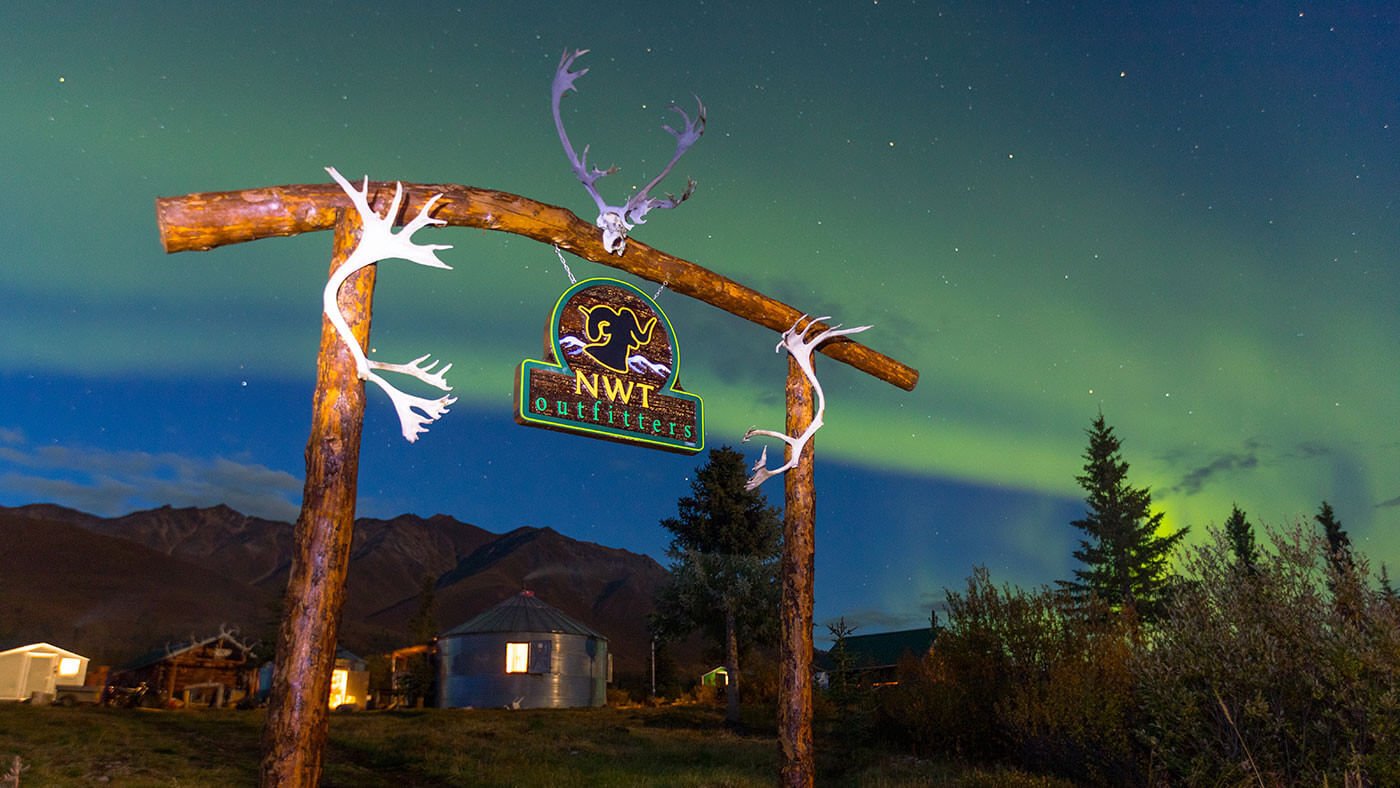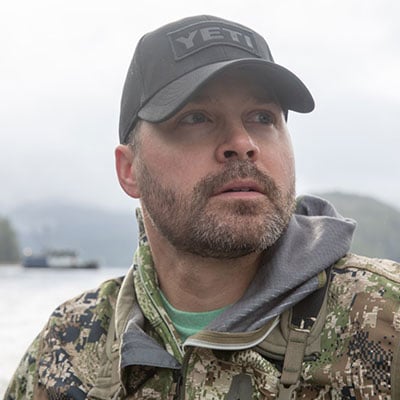- Savage Blog
- Things to Consider When Choosing an Outfitter
Things to Consider When Choosing an Outfitter

Hunting with an outfitter can be the trip of a lifetime but for those unfamiliar with the process it can sometimes feel a little overwhelming. If you’re thinking about investing in an outfitter’s services, especially for the first time, there are a few things consider when choosing an outfitter.
Understand Your Budget
Most outfitters advertise their hunt prices on websites or in literature from trade shows and expos but keep in mind there are often additional costs associated with most hunts. Licenses, generally, are not included so be sure to ask. Non-resident licenses can be expensive so do your homework. Ask the outfitter if you need bonus/preference points to draw the tag or if its available over the counter. If you do need to draw the tag it may take years of investing to build enough points in order to be selected during the draw process. Sometimes however there is the possibly of purchasing a landowner tag. Always ask about your options.

After you’ve figured your actual hunt and license cost its time to think about travel expenses. Driving, flying, hotel costs, meals while traveling, even possible charter flights to base camp are all costs that need to be considered. Next to consider is gratuity. Tips range from 10-20% of the hunt cost, typically whether you have a successful hunt or not. Finally, its wise to factor in the cost for taxidermy, meat processing and shipping for both if you plan to have your trophy mounted and or your meat processed by a local butcher. In the end, the outfitters hunt price is often just a fraction of the entire hunt cost.
Does Your Outfitter Cater to Your Weapon of Choice?
A very important question to ask the outfitter is if they cater to and feel comfortable with your weapon of choice. In some cases, seasons are open to harvest your quarry with any legal weapon (be sure to check and fully understand all rules and regulations for every hunt). If you are hoping to hunt with a handgun for example, make sure the outfitter has experience guiding handgun hunters rather than only rifle hunters. Stylistically each hunt would be approached differently so choosing an outfitter that has experience with your weapon of choice could be the difference between punching your tag or not.

Does the outfitter have facilities to check zero on your weapon after traveling? An outfitter who caters to mostly bow hunters may not have a rifle range for example. If the outfitter has a website with photo galleries of successful hunts take a minute to peruse through them. You may learn a lot in regard to what type of hunter they cater to the most.
What Trophy Quality Can You Expect?
We all know some areas are better than others so do some research to see exactly what you can expect in terms of trophy quality. Keep in mind what you often see directly from outfitters is their “highlight reel”. The best of the best. Call a few of the clients from the reference list, a reputable outfitter should be able to provide one for you. Take a look at record books or call the local game warden. Even reading blogs or searching social media could provide you with some great non-biased info.

Is Lodging Sufficient?
Don’t be surprised when you pull into camp. It’s wise to ask about your lodging. There is a BIG difference between hunting from a lodge, motel, house, wall tent or spike camp. All of them have pros and cons but depending on your expectations you should understand the arrangement. If you’re a light sleeper, staying in a bunk house with a half a dozen other snoring hunters may not be a good fit for you. If you have back issues, sleeping on a cot in a wall tent probably isn’t the right choice. Will someone be preparing meals for you or are you on your own? Do you need to bring additional gear like a sleeping bag or towels? Knowing your lodging situation inside and out is always good to know.

What Physical Requirements Are Needed?
This one is extremely important, and every hunter needs to be honest with themselves about their capabilities. Always ask about the physicality of the hunt. Asking about the terrain and elevation for sheep and elk hunts seems obvious but don’t neglect the small stuff. If you are deer hunting, ask about blinds vs. tree stands. Are you comfortable climbing trees with sticks or do you prefer ladder stands? Does the outfitter expect you to sit all day? Do you have to walk to stands or will you be dropped off relatively close? The hunt should be one you enjoy so be honest with the outfitter on what you can handle and most importantly what you prefer. The outfitter will appreciate it too.

Start Inquiring Well In Advance
Start making calls and sending emails as soon as possible. Good outfits are usually booked a year or two in advance so it’s a good idea to get that ball rolling early. A deposit is often required to hold your spot and some outfitters will also need some paperwork completed before penciling you in. Before you sign anything read through and make sure you understand everything. These contracts usually cover whether or not your deposit is refundable, cancellation policies, wound policies, minimum size/age/score and associated penalties and when your final payment is due, etc. If you are unsure of the terminology, ask the outfitter to thoroughly explain it to you.

Hunting with an outfitter should be a fun, memorable experience and asking the right questions prior to booking can better help your chances doing just that. No hunt is ever guaranteed and more often than not I’ve left camp with an unused tag in my wallet and nothing to put on the wall. But almost always I gain a few new friends and a handful of memories that’ll last a lifetime. Some of the best memories over the course of my career have come from hunts with outfitters but before simply picking one off a list, consider some due diligence and don’t be afraid to ask questions that matter to you. Never know, you may just find yourself the hunt of a lifetime. Good luck out there.


